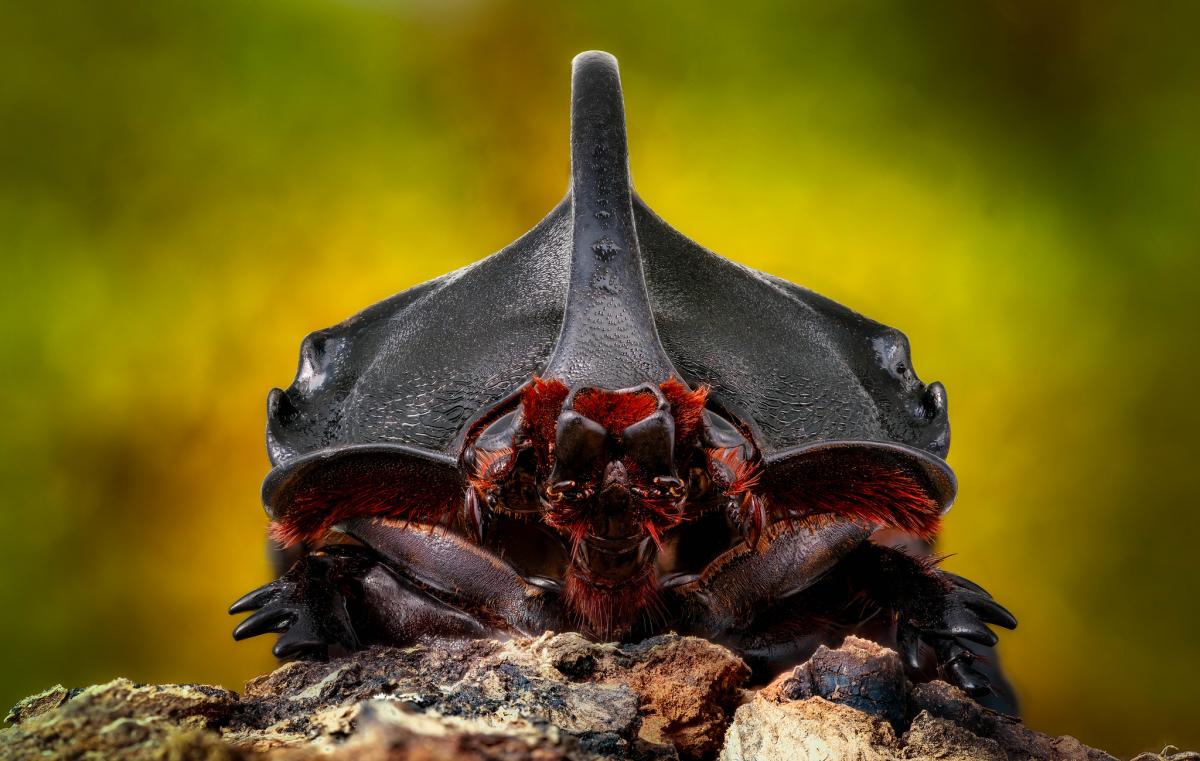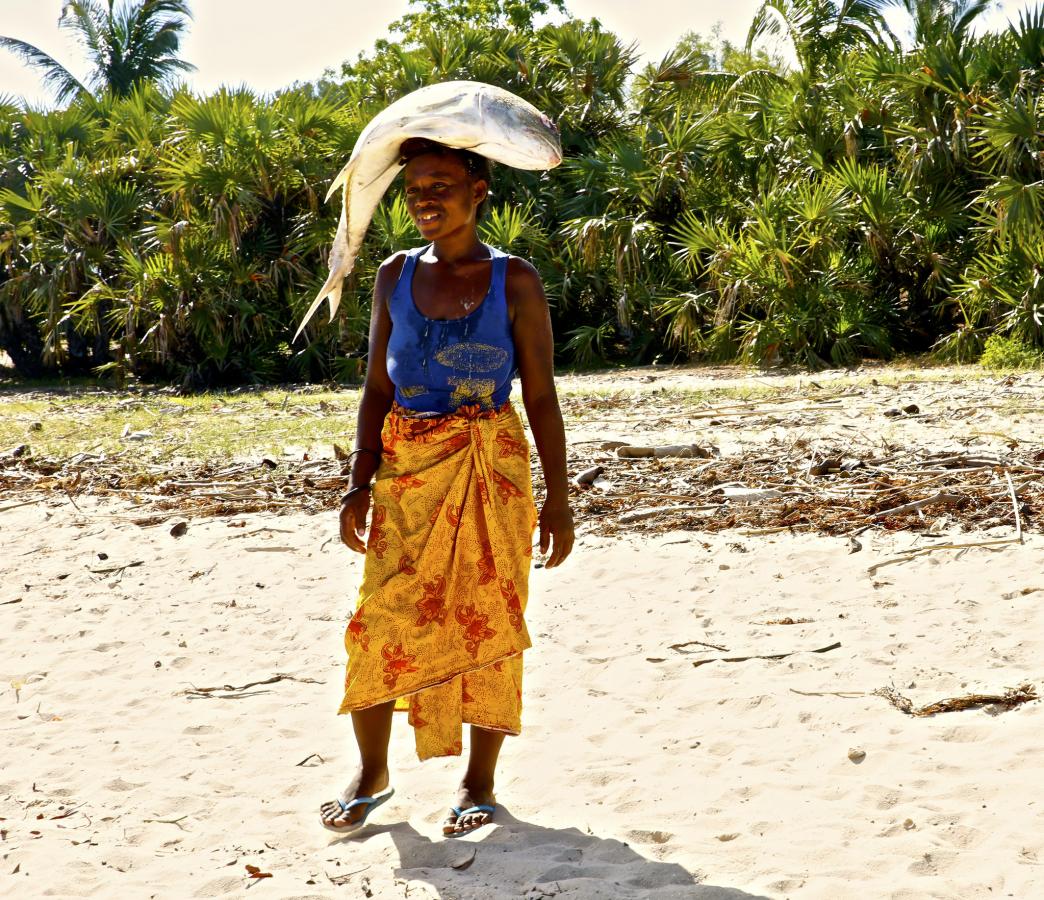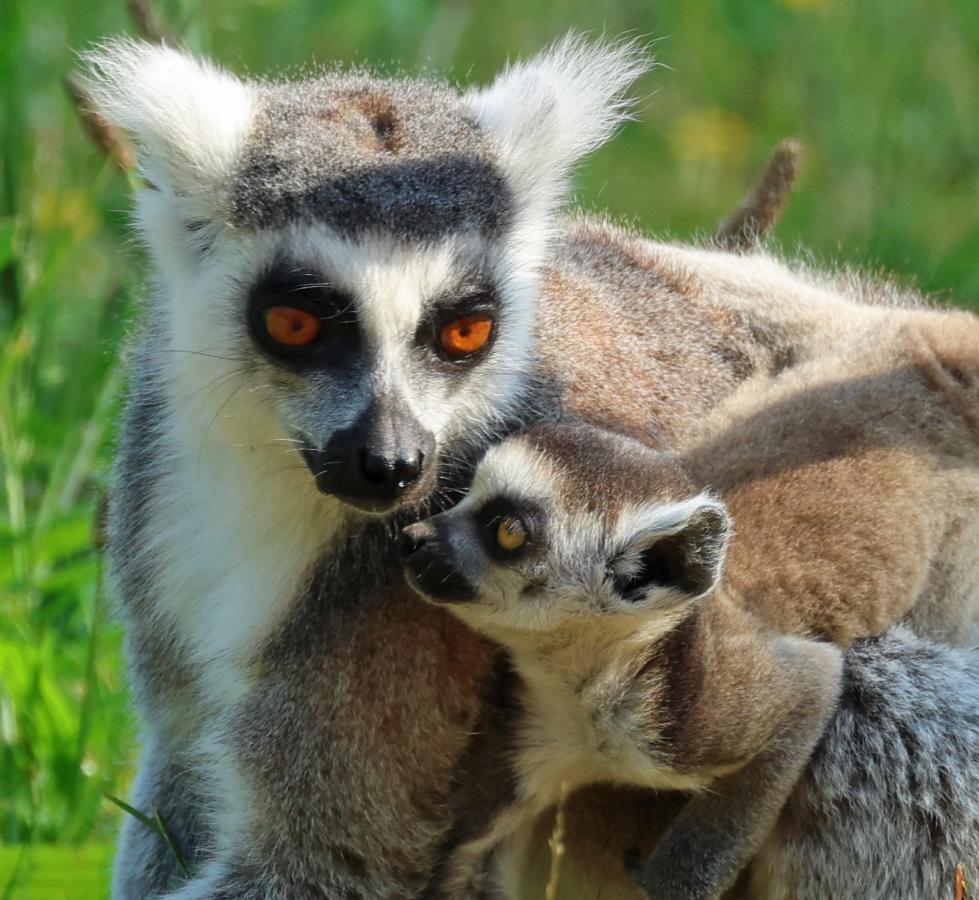Nobu, JA0JHQ will be active as 5R8HN from Madagascar Island, IOTA AF - 057, 14 - 18 September 2023.
He will operate on HF Bands.
Recent DX Spots 5R8HN
QSL via JA0JHQ direct, LOTW.
Ads for direct QSL:
Nobuaki Hosokawa, 8270 Fujimi Fujimi-cho Suwa-gun, Nagano, JAPAN, 399-0211.
Madagascar is a cradle of unique nature with a centuries-old history
Madagascar is the world's fourth largest island and a republican state of the same name, located in the western part of the Indian Ocean. In addition to the main island, the territory is adjoined by small islets that are also part of the republic. The closest to the "mini continent" (as Madagascar is sometimes called) is Africa, separated by the Strait of Mozambique.
 Madagascar. Author - Robin Valk.
Madagascar. Author - Robin Valk.
Origin of the name
Reliable information about who and when the island was named is not known to this day.
According to one hypothesis, the name Madagascar was invented by the famous Italian merchant and traveller Marco Polo. However, it is known that the first mention of the island dates back to the seventh century AD, while the Italian visited it much later - in the thirteenth century.
According to another version, the name of the island was given by the French, taking as a basis the word "Matakassi" - the name of one of the areas on the island.
The most plausible version is the origin of the name from the word combination "madagasy kara", which in translation from the local dialect means "the rock of the Malgashas". Since ancient times, the locals have been calling themselves Malgash.
A little history
Most researchers agree that the first settlers of Madagascar were Austronesian peoples. This fact is confirmed by similar customs, language and beliefs. By the way, about half of the modern indigenous population on the island still adhere to ancient religious traditions, which even forced Islamisation undertaken by the Arabs could not eradicate. Otherwise, more than 40 per cent of the population professes the Christian faith.
In the 16th century, several countries tried to establish trading outposts on the island. However, the local population was so hostile to foreigners that neither Britain, France nor other European countries were able to realise their plans.
In addition to its extraordinary nature, Madagascar is famous for being the second home of famous pirates, the mention of whose names once shuddered all navigators. The most famous of the sea robbers who settled in Madagascar are William Kidd, Robert Drury John Bowen, etc.
At the height of colonisation in the late 19th century, French troops landed on the island and succeeded in subjugating the entire territory of Madagascar and overthrowing the local monarchy. In 1897, the French protectorate was finally established and recognised by other European countries. France ruled the island until 1960, when the Malagasy Republic was declared independent.
Despite more than fifty years of sovereignty, the influence of the past is still pronounced in Madagascar, as evidenced by the French language, which is still the second official language in the republic.
Today Madagascar is home to approximately 20 million people, the majority of whom are Malagasy. Despite their close neighbourhood with Africa, the locals are strikingly different from Africans in appearance and resemble Polynesians and Malaysians.
 Madagascar. Author - Margarita Cabre.
Madagascar. Author - Margarita Cabre.
Climate and nature of Madagascar
The climatic conditions in Madagascar are markedly different from those in Africa. Both arid regions, tropical and even temperate areas are represented on the island. The mountainous area, which occupies a large part of the island, is prone to frosts, while cyclones with temperatures of up to 35°C are not uncommon in the coastal zone. There are many areas on the island that are ideal for holiday resorts.
The local nature is considered to be unique - about 75% of local plants are endemic, i.e. they can be found only in Madagascar.
Bright representatives of fauna are the famous lemurs, which became one of the main characters of the well-known cartoon film. In total, about 100 species of lemurs are represented on the territory of the island state. The animals weigh no more than two kilograms, but their size reaches 40 cm, not counting their long and fluffy tails. Unfortunately, due to deforestation, which is rapidly gaining momentum, many species of lemurs are already under the threat of extinction, about which biologists are rightly worried.
Development of tourism on the island
Due to frequent political upheavals, the Republic of Madagascar to this day does not inspire confidence in the world community, which hinders the development of tourism business in the country. As practice shows, in the country there are frequent rebellions raised by the military against the president, as well as uprisings of various ethnic groups dissatisfied with the authorities. Such a turbulent situation does not allow associating Madagascar with a paradise on earth, despite all the prerequisites for this. Constant political and military upheavals do not allow the infrastructure, an important component of the tourist sector of the economy, to develop fully.
Only active types of recreation are well developed on the island, the support of which does not require large investments in services from the authorities. It is budget holidays in Madagascar that attracts numerous tourists not only from the post-Soviet countries, but also Western lovers of inexpensive exotic holidays. Unpretentious tourist to rent accommodation and food expenses will cost an average of 15-20 dollars a day.
Those wishing to get a better service in Madagascar will be disappointed. The fact is that although luxury services are presented here in full, but often only nominally: you will have to pay in full, but there is a huge risk of not getting the appropriate service. Frequent cases of negligent attitude of the staff to their duties are another factor that undermines all attempts to turn Madagascar into a luxury resort.
 Madagascar. Author - safi kok.
Madagascar. Author - safi kok.
What to see in Madagascar?
The west coast of the island is the most developed, with the best infrastructure and thriving beach tourism. The most popular for visitors is the small island of Nosy Be, which boasts clean, well-maintained beaches. At Andilan Beach, you can not only laze serenely by the ocean, but also take part in canoeing excursions or snorkelling at the diving centre. Nusi-Be is also famous for being the only place where you can see rare black lemurs.
Another popular resort in Madagascar is Tuliara, whose beaches are surrounded by giant baobabs. Local entertainment includes sailing on pirogues, ancient boats resembling canoes. But the main attraction of Tuliara is the long coral reef along the coast. The reef is 250 kilometres long and attracts divers from all over the world every year. In addition to the reef itself, diving enthusiasts enjoy exploring the fascinating underwater world with its rare flora and fauna, which is greatly aided by the transparency of the water.
The development of ecotourism is gaining momentum - special tourist routes are being developed for hiking in picturesque places. Guides are often local residents who are specially trained in this profession.
Local cultural life
History and architecture lovers should visit the capital of Madagascar - Antananarivo, where museums, ancient palaces, complemented by beautiful parks and terraces, are in abundance. The jewel of the capital is Ruwa Ambuhimanga, an entire architectural complex consisting of palaces and tombs of local rulers.
Fans of theatrical art should definitely visit the Hira-Gasi Theatre, which many call nothing less than a local miracle, unparalleled in the world. Established at the turn of the 18th and 19th centuries, the musical theatre is still a popular attraction with over 1 million people, including locals, visiting the theatre every year. The core of the theatre is made up of a number of groups working separately from each other, each trying to outdo the competition. A characteristic feature of the theatre is that performances are given not in a specially designated place, but in various public places - this has been the custom since its foundation, when theatre troupes served for the entertainment of ordinary people.

